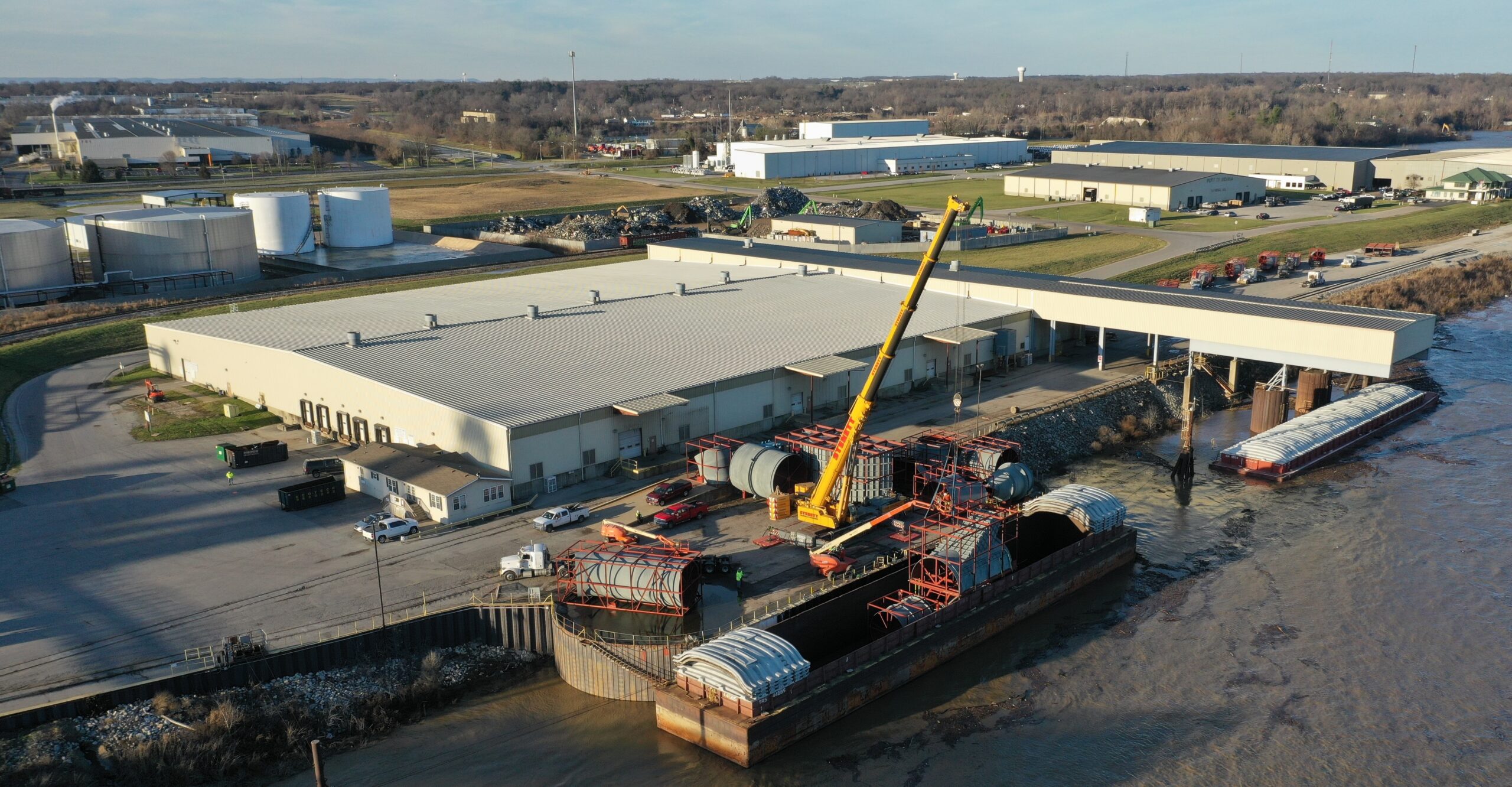FOREIGN-TRADE ZONES
What is a
Foreign-Trade Zone?
Foreign-Trade Zones (FTZ) are specially classified and secured areas authorized by the federal government, considered outside U.S. Customs territory but under U.S. Customs supervision. Through the FTZ program, companies can eliminate, reduce or postpone import taxes on approved goods within the zone. Goods can be stored, processed, inspected, destroyed or combined with other products while in the zone, which can provide significant savings in both time and cost. The primary purpose of FTZs is to facilitate trade and enhance the global competitiveness of U.S.-based companies.

WHAT CAN BE DONE IN A FOREIGN-TRADE ZONE?
Benefits of a
Foreign-Trade Zone
- Duty Exemption: No duties or quota charges on re-exports (except for exports to Canada and Mexico under NAFTA). No duty on goods destroyed in the zone.
- Duty Deferral: Customs duties and federal excise taxes deferred on imports until they leave the zone and enter U.S. Customs territory.
- Duty Reduction (Inverted Tariff): Finished products with lower tariff rates can be imported at the rate for the finished product, not the components.
- Merchandise Processing Fee (MPF) Reduction: MPF is paid only on goods entering U.S. Customs territory. Single entry for all goods shipped from a zone in a seven-day period reduces fees.
- Streamlined Logistics: Direct delivery to the zone and consolidated entry filings for multiple shipments.
- Quota Avoidance: Import goods subject to quota once a quota has been reached, allowing access to discounted inputs and manipulation of merchandise for new quota periods.
Alternative Site Framework
Alternative Site Framework (ASF) is a solution that allows for a fast-track approach to use an FTZ. Indiana is the largest state with full coverage of ASF. The purpose of ASF is to enable a zone to use simple minor boundary modification (MBM) process for future site designations after detailed, public process – including input from CBP – to approve ASF “service area” for the zone.
- Under ASF – as under TSF (traditional site framework) – FTZ space can only be designated or modified through FTZB or FTZ Staff action (with concurrence of local CBP).
- FTZ Staff consulted with grantees and others to develop ASF to be flexible (for users), focused (for govt. oversight), and predictable (benefits everyone).
- There is no change to CBP operator/site activation procedures under the ASF.
- ASF does not change grantee/operator structure. Activation of site still requires that specific site first be approved by FTZB or Staff (with local CBP concurrence) and that grantee concur on activation.
Indiana FTZ Locations
Ports of Indiana (POI) is the enabling legislature of Indiana’s Foreign-Trade Zone program. As one of the four grantees throughout the state, POI administers the grant of authority within the 34 counties in the service area. Below is a list of Indiana Grantees:
Ports of Indiana – Burns Harbor (Grantee #152): Lake, Porter, La Porte, Newton, Jasper, Starke, Pulaski, and Fulton Counties
Ports of Indiana – Mount Vernon (Grantee #177): Vanderburgh, Dubois, Pike, Gibson, Knox, Daviess, Spencer, Warrick, Posey, Sullivan, Perry, Crawford, Orange and Martin Counties
Ports of Indiana – Jeffersonville (Grantee #170): Jackson, Washington, Harrison, Floyd, Clark, Scott, Jefferson, Ripley, Dearborn, Brown, Ohio and Switzerland Counties
Indianapolis Airport Authority (Grantee #72): Bartholomew, Benton, Boone, Carroll, Cass, Clay, Clinton, Decatur, Delaware, Fayette, Fountain, Franklin, Grant, Greene, Hamilton, Hancock, Hendricks, Henry, Howard, Jennings, Johnson, Lawrence, Madison, Marion, Miami, Monroe, Montgomery, Morgan, Owen, Parke, Putnam, Rush, Shelby, Tippecanoe, Tipton, Union, Vermillion, Vigo, Warren, Wayne and White Counties
St. Joseph County Airport Authority (Grantee #125): St. Joseph, Elkhart, Marshall, and Kosciusko Counties
City of Fort Wayne Community Development Division (Grantee #182): Lagrange, Steuben, Noble, DeKalb, Whitley, Allen, Wabash, Huntington, Wells, Adams, Blackford, Jay, and Randolph Counties.
We can help!
Our FTZ team is here to help your business navigate the complexities of global trade and logistics. With decades of experience, our FTZ team supports container shipping and economic growth across the state. We work directly with companies like yours to assist with FTZ activation, expansion, compliance, and international logistics solutions. Whether you’re exploring new opportunities or expanding existing operations, we are your trusted resource, committed to supporting your success.
Email: FTZ@PortsofIndiana.com
Phone: 317-232-9200
Frequently Asked Questions
Is it difficult to establish an FTZ for my company?
No, it is not difficult to establish an FTZ for your company. The FTZ application process has been streamlined through the Alternative Site Framework Program, and your FTZ site can be activated in as little as 30 days.
Can I get my current facility designated as an FTZ?
Yes, you can get your current facility designated as an FTZ. Your existing plant security initiatives may already qualify for FTZ designation – cameras, fencing, and employee badges are all examples of controlled measures as part of the approval process.
How do I know if an FTZ will benefit my company?
An FTZ calculator is available that will help provide insights into the viability of FTZ for your company. Click here to access the calculator. Reach out to FTZ@portsofindiana.com if you need assistance.
Will there be any business disruption because of governmental oversight associated with my FTZ designation?
The bulk of governmental involvement is conducted during the set-up process. During the first year of operation, you may be subject to an audit to ensure you are in compliance with how you stated your FTZ would operate.

